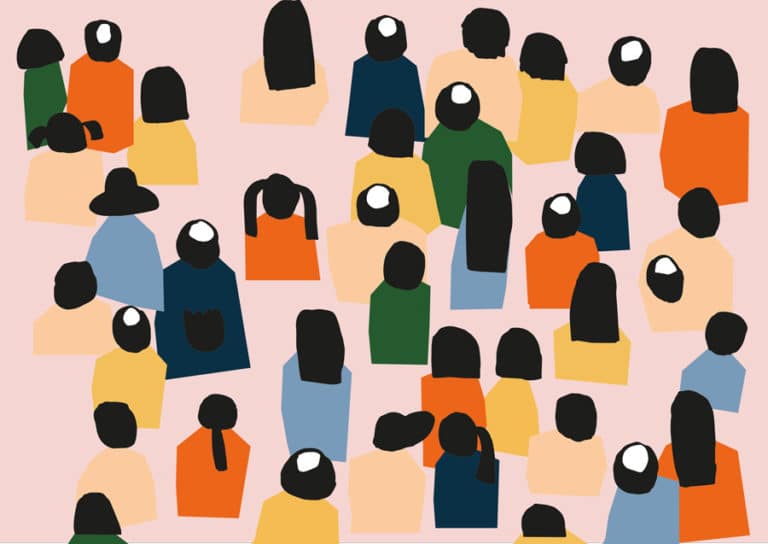An Egyptian hotline using text messages to censor the free press

In an attempt to regulate the free press, The Office of Public Prosecutions of Egypt launched a hotline that allows the public to report via WhatsApp, text or instant messaging, any information that it deems to be inciting, a threat to public security or that could cause harm to the public interest with the target being both traditional and new media. The judiciary has also been tasked with monitoring websites and social media accounts, prosecuting any ‘peddlers of fictitious news’—as to the opinion of the government.
“A set of mobile telephone numbers are assigned to receive complaints on the instant messaging on WhatsApp. The sent messages should contain all information available on the reported fake news”, the statement from the prosecution reads. And in order to restrict free speech on social media in what the government claims is an attempt to protect the data and privacy of its citizens, it has announced plans to launch an Egyptian social media platform that rivals Facebook.
But the avalanche of mediums with which Egypt is monitoring its news has instead been described by liberal media and civil society groups as merely a new way for the government to curtail freedom of expression and threaten journalist, with President Abdel Sisi accused of using state institutions to terrorise dissident voices.
Under the new directive the media is facing a tough time in the country. Dozens of journalists have been arrested with hundreds of websites critical of the government blocked. A Freedom House report indicates that over 400 media and NGO websites have been closed so far.
In one of the highly publicised cases, the BBC carried a story of 23-year-old A. Adib Zubeida who disappeared in what the broadcaster indicated was the growing list of forced disappearances in the country. Her mother told the BBC that the police had kidnapped her. Days later Zubeida would appear in a local TV station to dispute the BBC story. The government was outraged, accusing the U.K. broadcaster and Western nations of meddling in its affairs and using fake news to achieve political motives. The government termed the BBC report as having been flagrantly fraught with lies and innuendos and accused BBC of “alarming visible non-neutrality and blatant violation of media standards that the BBC is supposed to be on top of media corporations adhering to.” BBC responded saying it stood with the story and was guided by the basic tenets of journalism while pursuing it.
The all-out war on the media as occasioned by the recent attacks and decrees in Egypt has been thinning the democratic space in a country ranked as 161 out of 180 in the 2017 RSF World Press Freedom Index. “After arresting journalists, blocking online media and bringing traditional media outlets under its control, President Sisi’s regime is now inciting the public to be on the watch for supposedly fake news. This new measure by the Egyptian authorities establishes a dangerous climate of denunciation and tightens the gag on media that have already been reduced to silence,” read a statement from Reporters Sans Frontières.
The real danger of the directive and its hotline format is that it is immediate and discreet. Those who have been influenced by the government’s war on the media have been given a tool to censor their fellow citizens, thus instilling not only an atmosphere of government surveillance but also of powerful self-censorship.
This article was originally published by FAIRPLANET and is part of an ongoing content partnership.




